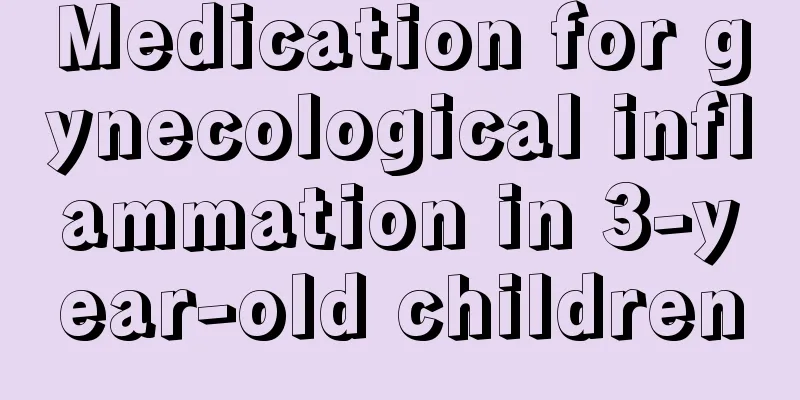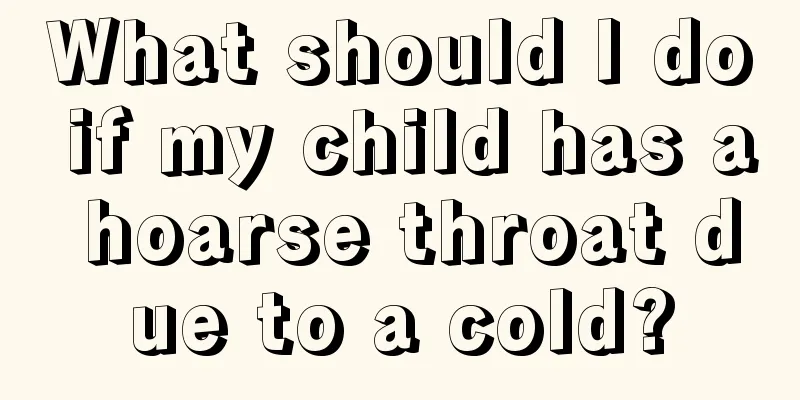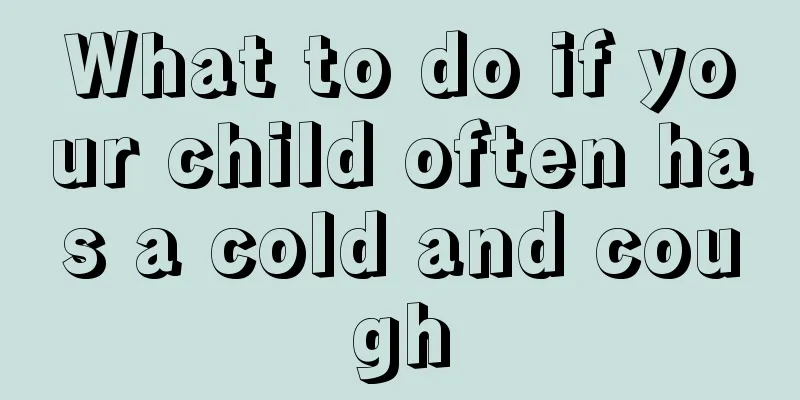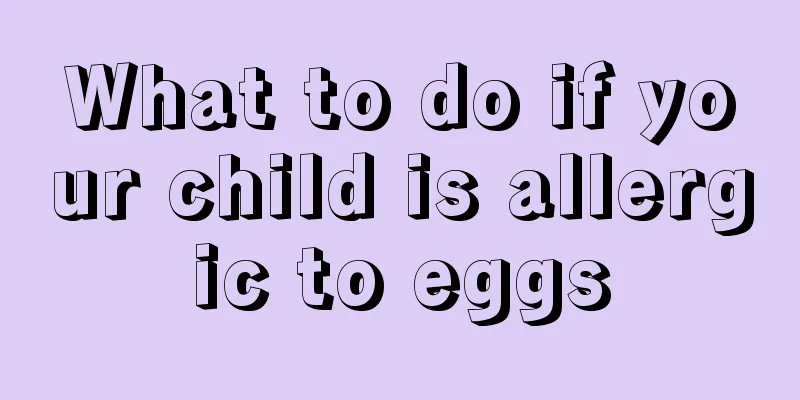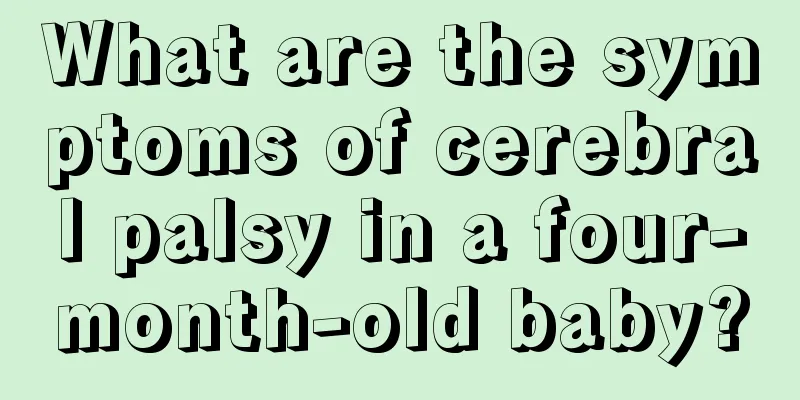What are the symptoms of herpetic pharyngitis in children?
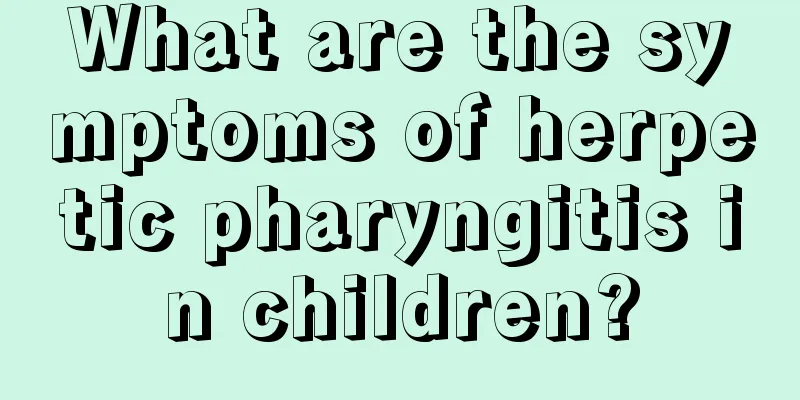
|
Everyone knows about the disease of pharyngitis. There are many reasons that may cause children to suffer from herpetic pharyngitis. First of all, it may be related to the insufficient respiratory barrier function of the child. For example, children have no nasal hair, so they cannot prevent the entry of foreign objects. Once foreign objects enter the throat, it will cause pharyngitis. In addition, it may be caused by factors such as the tender respiratory mucosa, and then the child will have the following symptoms. Symptoms of herpetic pharyngitis in children: The disease has an epidemic trend and is common in infants and young children. The clinical features are sudden onset of high fever accompanied by sore throat, headache, anorexia, and often pain in the neck, abdomen and limbs. Vomiting and convulsions often occur in infants. Within 2 days of onset, a small number (rarely more than 12) of small (1-2 mm in diameter) gray-white blisters surrounded by a red halo appear on the oral mucosa. They are mostly seen in the front part of the tonsils, but can also be located on the soft palate, tonsils, uvula, tongue, etc. Within the next 24 hours, the blisters rupture and become shallow ulcers, which are generally less than 5 mm in diameter and heal within 1-5 days. Complications are rare: symptoms generally disappear within 7 days. After infection, long-lasting immunity is produced, but other viruses in group A or other enteroviruses may also cause recurrence. If this disease occurs alone, there are often no systemic symptoms. The children show symptoms of acute onset, sudden high fever, and runny nose in the early stages. Older children will then complain of oral pain or refusal to eat, while younger babies will show symptoms of irritability, crying, drooling, yellow and scanty urine, and dry and ball-like stools. During the examination, small gray-white blisters can be seen on the child's upper palate, oral mucosa, posterior pharyngeal wall, tonsils and other oral mucosa. The blisters will break and form ulcers within about 1-2 days. Generally, herpetic pharyngitis is often accompanied by bleeding gums when touched, bad breath in the mouth, and enlarged submandibular lymph nodes, but it rarely affects the skin outside the mouth. Diagnostic Methods The diagnosis is based on symptoms and characteristic oral lesions. It is best confirmed by isolation of the virus from the lesions or by elevated characteristic antibody titers, but these tests are not recommended for routine use. Differential diagnosis includes herpetic stomatitis (characterized by seasonal onset, larger, more persistent ulcers), recurrent aphthous ulcers, and Bednar aphthous ulcers (rarely occurring in the pharynx and usually without systemic symptoms). Coxsackievirus A10 causes a similar lesion (lymphadenopharyngitis), but the lesions are more prominent in the oropharynx and appear as white to yellow nodules. Treatment is symptomatic. Recommended reference medications: Ribavirin, Nimesun, Ke Lao, Qing Kai Ling, and Yan Bian Granules are antibiotics, antipyretics, analgesics, and throat clearing drugs. |
<<: Can I bathe my baby right after waking up?
>>: What should I do if my child has tonsil polyp inflammation?
Recommend
How to care for facial hemangioma in children?
Hemangioma on children's face is one of the m...
How many months is it good to add complementary food to babies?
I believe that what worries many mothers the most...
Two week old baby crying at night
A two-week-old baby is very small, and his physic...
What to use to relieve itching for baby eczema
Babies are young and have relatively poor immunit...
The child has a fever and convulsions and his lips turn purple
Symptoms such as fever and convulsions in childre...
Early symptoms of chickenpox in children
As children grow up, they are easily invaded by b...
Is bird's nest really suitable for children?
Bird's nest is a kind of nourishing food that...
How to drink milk to help newborn baby's height
Many parents are very concerned about their child...
What are congenital malformations in children?
Children are the flowers of the motherland, and e...
What is the cause of the baby's startle?
The arrival of a baby often brings a lot of happi...
What to do if the baby does not sleep during the day or at night
The sleep quality of the baby will also affect th...
Reasons for drooling in two-year-old children
We often see children aged two or three drooling....
Is MRI harmful to children?
Magnetic resonance imaging is a relatively common...
How to deal with ulcers at the corners of children's mouth
As the saying goes, when a child is sick, the mot...
Is meningitis serious in babies?
The baby has meningitis and the parents are very ...



